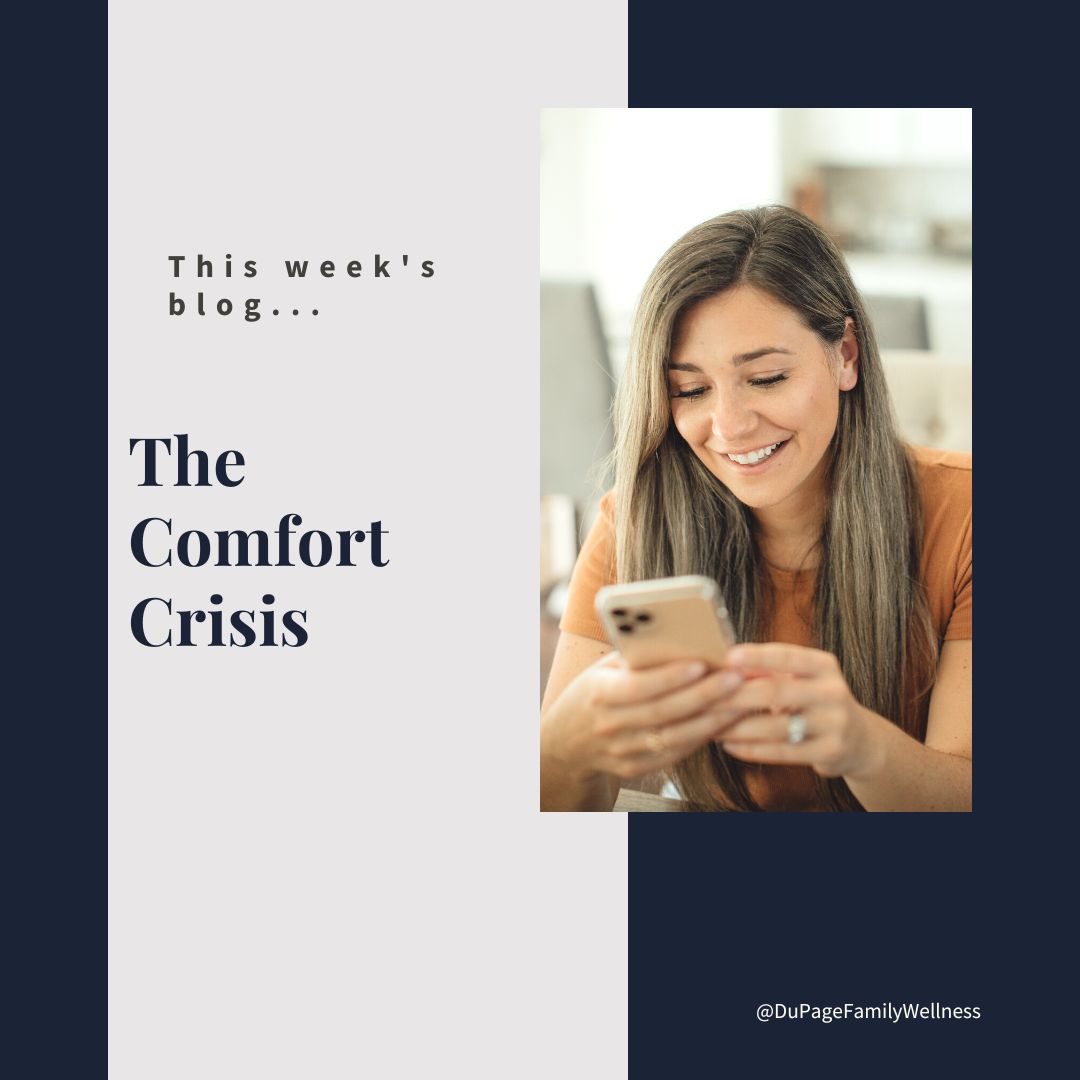 Recently I listened to "The Comfort Crisis" By Michael Easter.
Recently I listened to "The Comfort Crisis" By Michael Easter.
In many ways, we are more comfortable than ever before, but could our privileged lives be doing us harm? This book explains how our culture sets us up for physical and emotional suffering by making life too easy.
Easter grew up in a family plagued with addictions. As a young man, he used drugs to avoid uncomfortable emotions and found himself addicted too. When he walked a path towards sobriety, he began to experience much discomfort. Knowing it was part of the process of getting free he learned to embrace it.
Once he was sober, he began recognizing the incredible benefits of discomfort. He realized that our culture prioritizes comfort so much that it’s impacting our very experience of being human. In Easter’s view, comfort has lulled us into a complacency that takes meaning and joy out of life.
His quest to break out of this took him to the Arctic. There for thirty days, he had little of the comforts we take for granted each day. In return, he experienced physical strength, emotional health, a clear mind, and extreme gratitude.
He already shares many of my views about living more like our ancestors, but there was one lesson in this book that really stood out to me. Since I've spent many articles talking to you about all of the wonderful ways to live like our ancestors, I'll highlight my major takeaway today.
Is Life Just Passing You By?
Benefits of Embracing Discomfort
Easter is not opposed to comfort, believing it is only a problem when we always seek comfort. Below are some of the specific benefits he has experienced from embracing discomfort. Many of them are based on avoiding the comfort that modern distractions bring.
- Hard things make other day-to-day things seem easy in comparison.
- Deep thoughts emerge when you avoid modern distractions.
- Creativity and productivity increase after periods of boredom.
- Accepting and listening to your feelings gives you valuable information.
- Gratitude increases after periods of deprivation.
- Recognizing that you can do hard things reveals where you are selling yourself short.
- Gaining a sense of meaning and purpose.
My Thoughts Since Reading This Book
- I have been thinking about ways in which I can add more adventure and novelty to my life. (Maybe hiking a new area next summer?)
- I have been trying to be aware when I unconsciously grab my phone at the first hint of boredom and embrace that ever-so-slight discomfort of coming back to the present moment instead of simply scrolling to oblivion.
- I have been thinking about the comfort that food brings me. When I get my first hunger pang, must I immediately find something to eat? Or can I sit with this discomfort for a bit (like my ancestors likely would have had to)
- After reading the chapter on noise pollution, I am noticing all of the noises that are constantly around me. The sound of traffic, trains, the air conditioner, etc. As I sit and listen to everything around me, I think about times in my life when I have been out in remote areas without all of the constant white noise for my brain to process.
P.S. You can buy The Comfort Crisis here.

